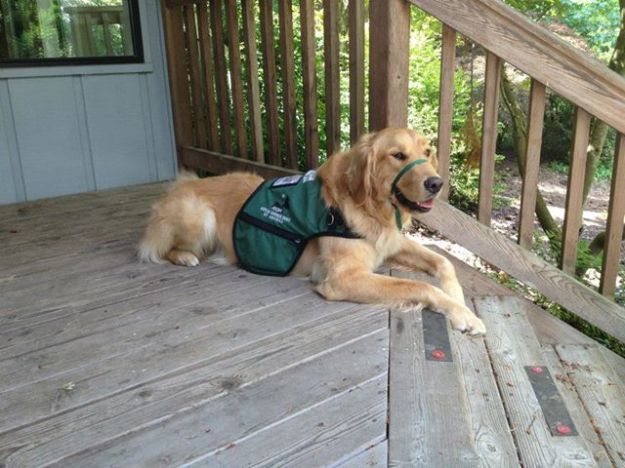My whole adult life people have said I am a deeply spiritual person. Well, anyone who is deeply spiritual knows that all of us are deeply spiritual. We are spiritual creatures. We are self aware. We ponder life and death. We ask questions about the meaning of life, if not as a whole, then certainly as events and situations occur along the way.
Spiritual? Yeah. More spiritual than others? Absolutely not. Mystic? Yes. Is that a “special category”? Not really. Does that make me special? Again, absolutely not. Does all of this mean that I’m conscious of this aspect of our being as distinct from others who are not. Probably. Does that matter? Not in any positive way that the past 40 years have taught me.
Throughout my adult life, I have also been intensely, even compulsively, religious. My behavior has been consistent with a “good Christian.” I studied Biblical Studies and Ministry as an undergraduate. I went to seminary and studied Divinity. I engaged in Christian ministry for many years. As a librarian now for over 20 years, I retained my religiosity. Attended Church and Church functions. Sat on and occasionally chaired committees and a task force now-and-then. Taught adult education.
But now, as I’ve become increasingly aware of my mental illness, I’m reviewing all of this religiosity. Spiritual life is going deeper and broader. My love for and care for and compassion for all other sentient beings is increasing. Clear lines of moral demarcation are growing vague and immaterial, ceasing to exist altogether.
My openness and appreciation and interior bond with people aligning with other faith traditions has blossomed to such a degree that we are as one seeking the answers (Well, OK, maybe not answers. More like solace.) to the same human questions brought about by the same common life circumstances. Affection and understanding of those claiming no religious tradition is firmly established.
Some people would say that because I’m “loosing” my outward signs of religiosity, that I am effectively loosing spirituality. They are absolutely wrong. I am more spiritually attuned today than I was a year ago.
Maybe the folks who do not struggle with mental illness are not as well as we are.


